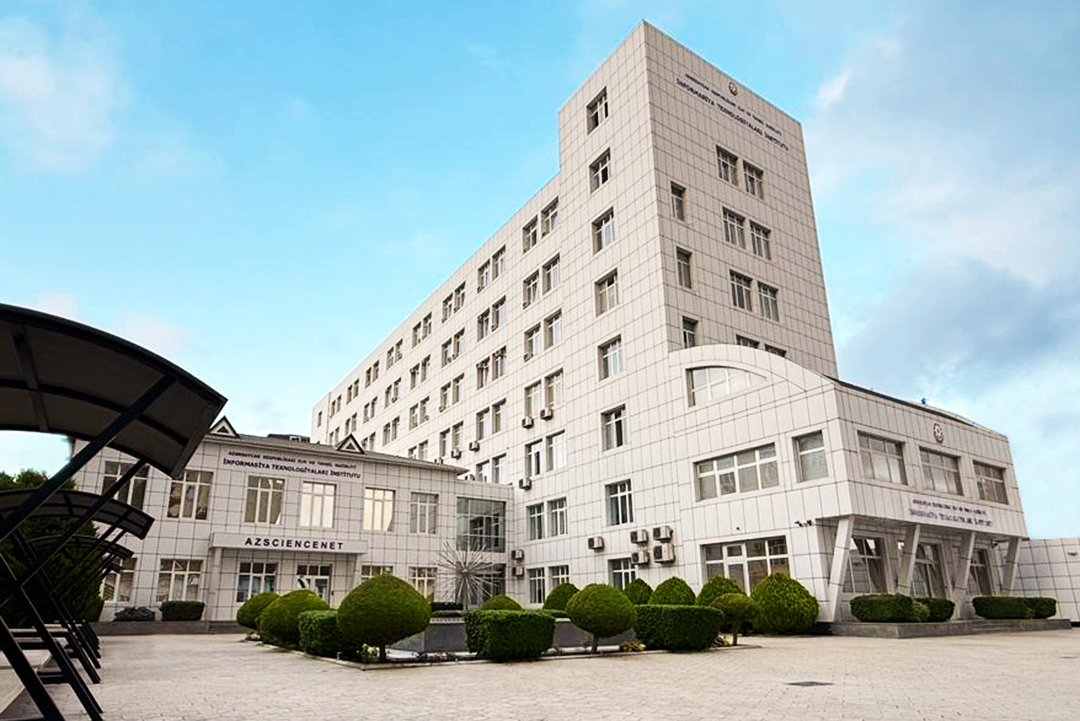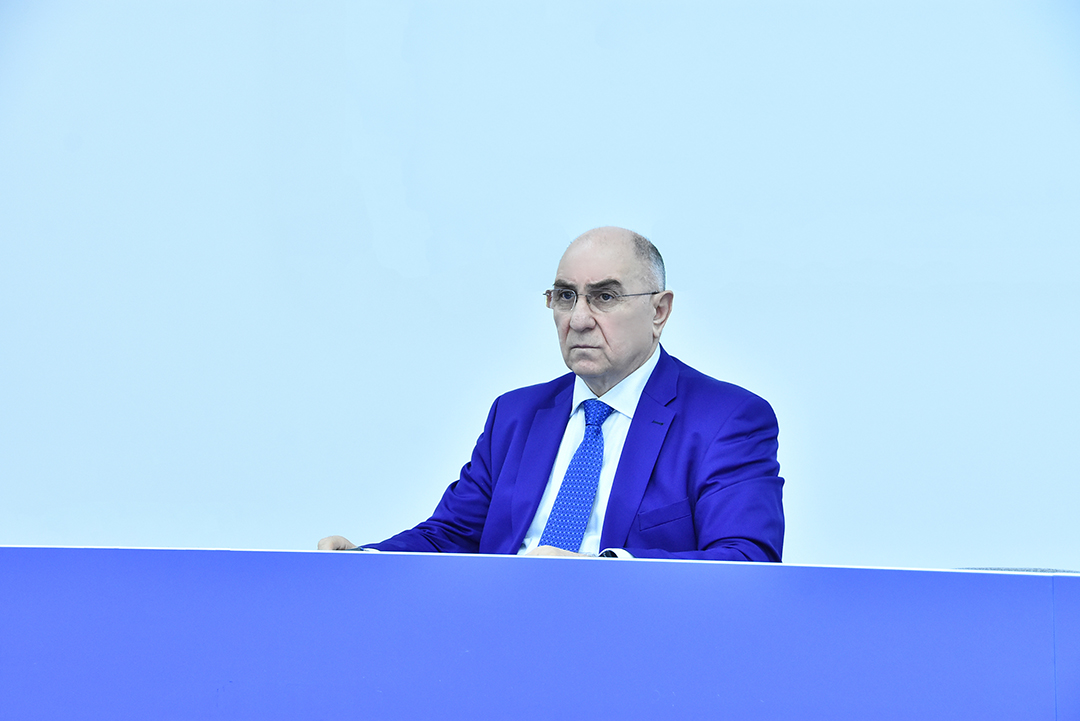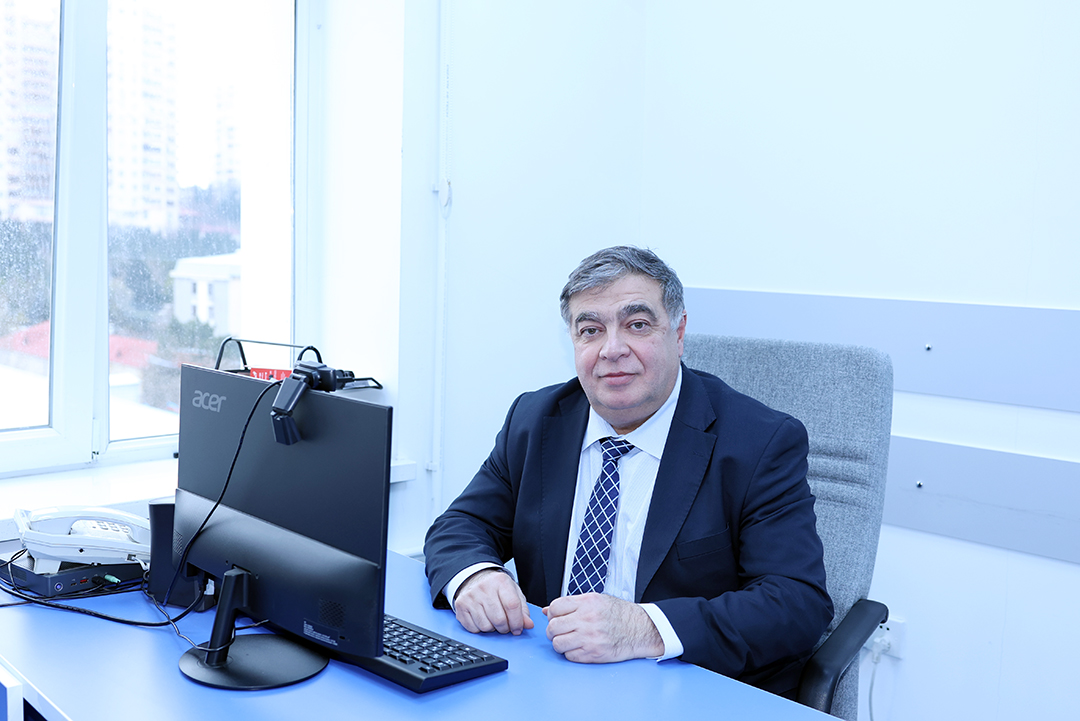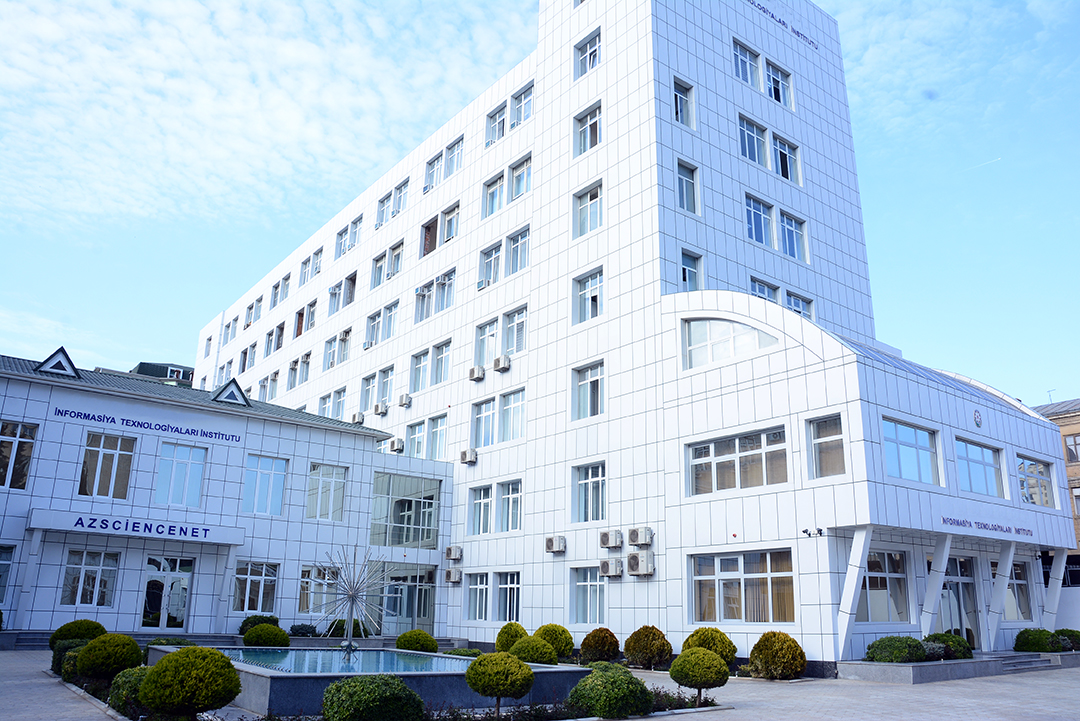NEWS
Artificial nerve stimulation returned a person from a vegetative state
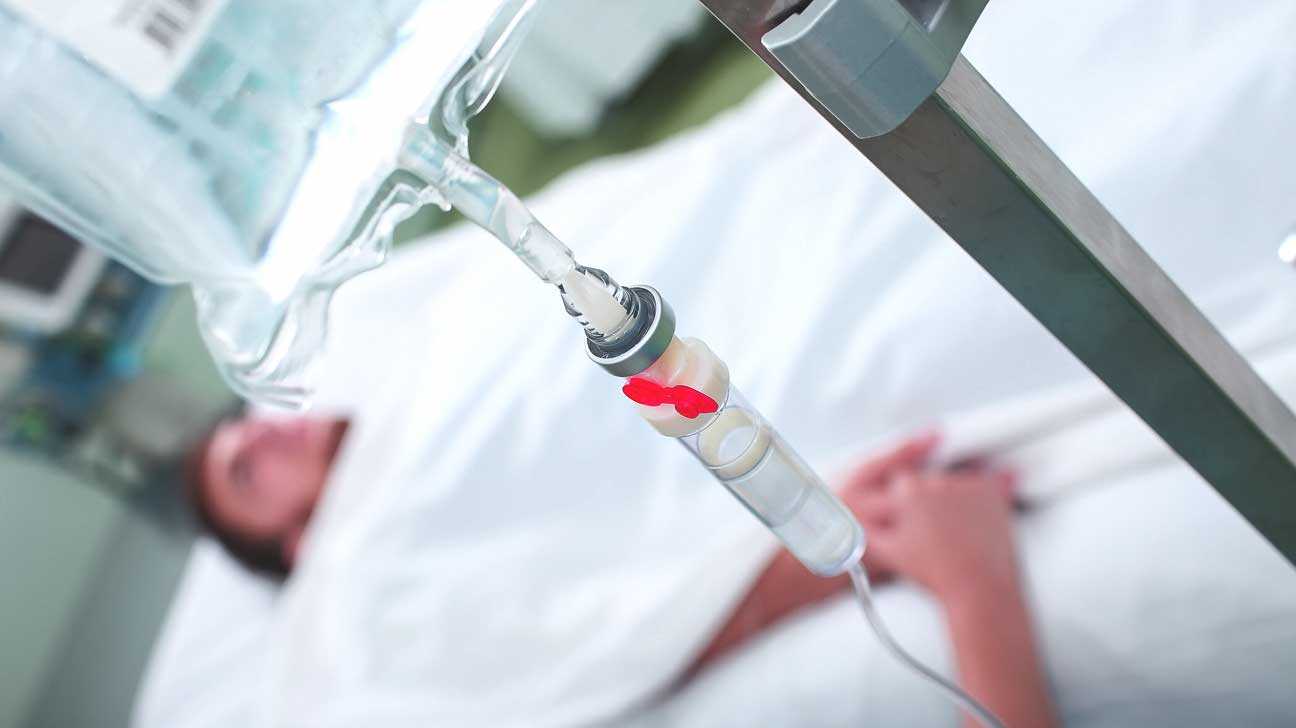
The implant for stimulation of the vagus nerve returned a minimal consciousness to the patient, who remained in the vegetative state for 15 years.
Severe injury or too long a break in supplying the brain with oxygen can lead to the development of a vegetative state. A gross disruption of the function of the cerebral hemispheres while maintaining the work of the "lower" parts of the brain leaves the patient basic and sometimes even motor reflexes and alternating sleep and wakefulness. He can yawn and blink into the light, but he does not realize himself or his environment. In some cases, a person returns from the vegetative state to a minimal consciousness, but if this did not happen within 12 months after the injury, there is almost no hope for it.
With such a patient - a 35-year-old man who has been vegetative for 15 years - doctors worked with Angela Sirigu from the French Institute of Cognitive Studies in Armor, naked-science.ru reports. A miniature implanted device stimulated the vagus nerve of the patient. This is one of the most important ways connecting the brain to the periphery, and its artificial stimulation (Vagus Nerve Stimulation, VNS) is sometimes used to combat epileptic seizures.
The wandering nerve performs mixed functions, responding to the innervation of the muscles of the pharynx, the lungs, the oesophagus, the intestine and the heart, and the glands of the stomach and pancreas, and the transfer of many sensory signals back to the brain. In an article published in the journal Current Biology, French doctors report the results of monitoring the patient before and after implantation. In addition to recording the behaviour and reactions of the patient, the data of electroencephalography and positron emission tomography were studied. Finally, stimulation was included.
Within a month, the intensity of exposure gradually increased, reaching a level of 1 milliampere, and by this time the patient began to demonstrate significant improvements, was able to respond to some requests, watch the objects with a look and slightly turn his head. For the first time in 15 years, he showed "stable, measurable signs of the presence of consciousness", moving from the vegetative to the state of minimal consciousness.
© All rights reserved. Citing to www.ict.az is necessary upon using news

